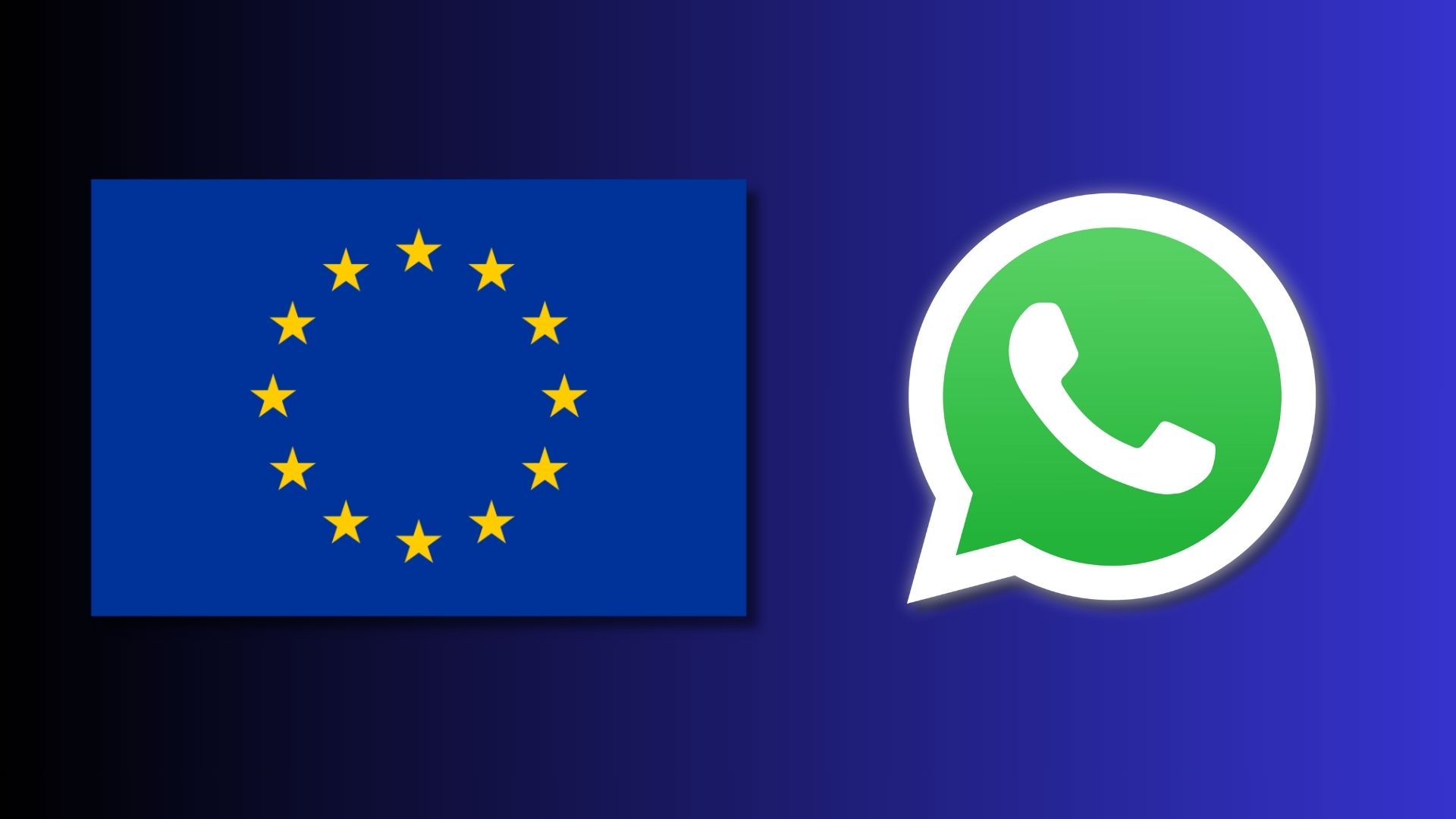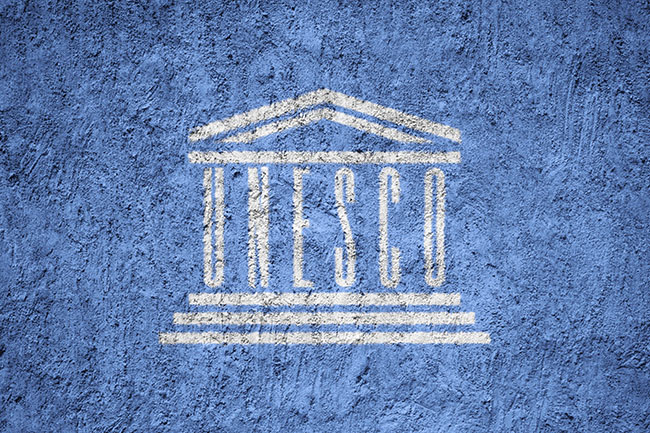Yesterday, Canada released the CAN-ASC-6.2 – Accessible and Equitable Artificial Intelligence Systems standard, marking the first national standard focused specifically on accessible AI.
A framework that ensures AI systems are inclusive, fair, and accessible from design through deployment. Its release coincides with the International Day of Persons with Disabilities, emphasising Canada’s commitment to accessibility and inclusion.
The standard guides organisations and developers in creating AI that accommodates people with disabilities, promotes fairness, prevents exclusion, and maintains accessibility throughout the AI lifecycle.
It provides practical processes for equity in AI development and encourages education on accessible AI practices.
The standard was developed by a technical committee composed largely of people with disabilities and members of equity-deserving groups, incorporating public feedback from Canadians of diverse backgrounds.
Approved by the Standards Council of Canada, CAN-ASC-6.2 meets national requirements for standards development and aligns with international best practices.
Moreover, the standard is available for free in both official languages and accessible formats, including plain language, American Sign Language and Langue des signes québécoise.
By setting clear guidelines, Canada aims to ensure AI serves all citizens equitably and strengthens workforce inclusion, societal participation, and technological fairness.
An initiative that highlights Canada’s leadership in accessible technology and provides a practical tool for organisations to implement inclusive AI systems.
Would you like to learn more about AI, tech and digital diplomacy? If so, ask our Diplo chatbot!










